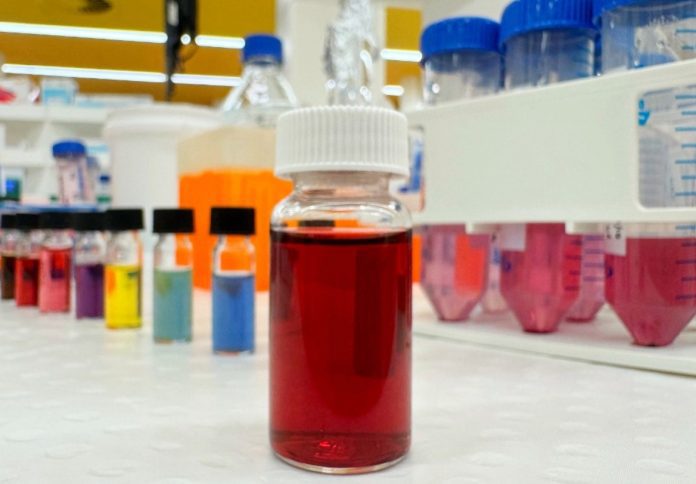
RMIT University researchers are developing a new generation of manufactured blood tests that could enable earlier detection of kidney disease and simpler at-home monitoring, under a $1.125 million research partnership with Australian diagnostic company Nexsen Limited.
In a news release, the university said the collaboration aims to produce point-of-care diagnostic devices capable of identifying acute kidney injury hours faster than existing methods, and for the first time, allowing people living with chronic kidney disease to monitor their condition at home.
According to RMIT, nearly one-third of intensive care patients develop acute kidney injury, while an estimated 13 per cent of people are living with chronic kidney disease – a major cause of premature death.
Director of RMIT’s Sir Ian Potter NanoBioSensing Facility, Professor Vipul Bansal, said the new test represents a significant advance in diagnostic manufacturing and could fill a critical gap in early detection.
“The rapid onset of acute kidney injury – yet the lack of a reliable diagnostic test – poses a major challenge for healthcare professionals to make timely interventions,” Bansal said.
“The current testing of kidney damage based on reduced urine output and increased serum creatinine levels can take six and 24 hours respectively, while our ultrasensitive diagnostic technology aims to detect damage much earlier.”
He said earlier intervention could improve patient outcomes and prevent acute kidney injury from progressing into irreversible chronic kidney disease.
Professor Shekhar Kumta, Head of the Clinical Translational Research Partnership between RMIT University and Northern Hospital, said current methods often delay diagnosis because they rely on detecting changes in kidney function rather than the structural damage itself.
“Changes in the kidney function lag the damage to the complex structure of the kidney,” Kumta said. “A new test that can directly investigate the damage to different parts of the kidneys will be a real game-changer.”
The team is developing patented DNA aptamers that detect biomarkers associated with kidney damage. Kumta said the new blood tests could diagnose the root cause of kidney injury early and help clinicians tailor treatment plans more effectively.
RMIT said similar tests could also be customised for at-home monitoring of chronic kidney disease, supporting the health management of an estimated 850 million people worldwide.
The university further stated that the partnership builds on an established manufacturing and research relationship between RMIT and Nexsen. The university recently took an equity position in the company, formalising their long-term collaboration through a memorandum of understanding.
RMIT’s Sir Ian Potter NanoBioSensing Facility will apply its established biosensor platform – previously developed with Nexsen for Group B Streptococcus (GBS) testing – to the kidney disease project. The GBS diagnostic device, manufactured under the same platform, has already received approval to begin clinical trials at Northern Health in Melbourne, RMIT noted.
Nexsen Executive Chairman Reece O’Connell said the collaboration highlights how advanced manufacturing and innovation can address global healthcare challenges.
“Our first products are targeting key unmet clinical needs in globally significant markets such as GBS and kidney disease,” O’Connell said. “We’re excited to continue our deep relationship with RMIT into the kidney disease project, where we are addressing one of the most pressing global health challenges.”



















